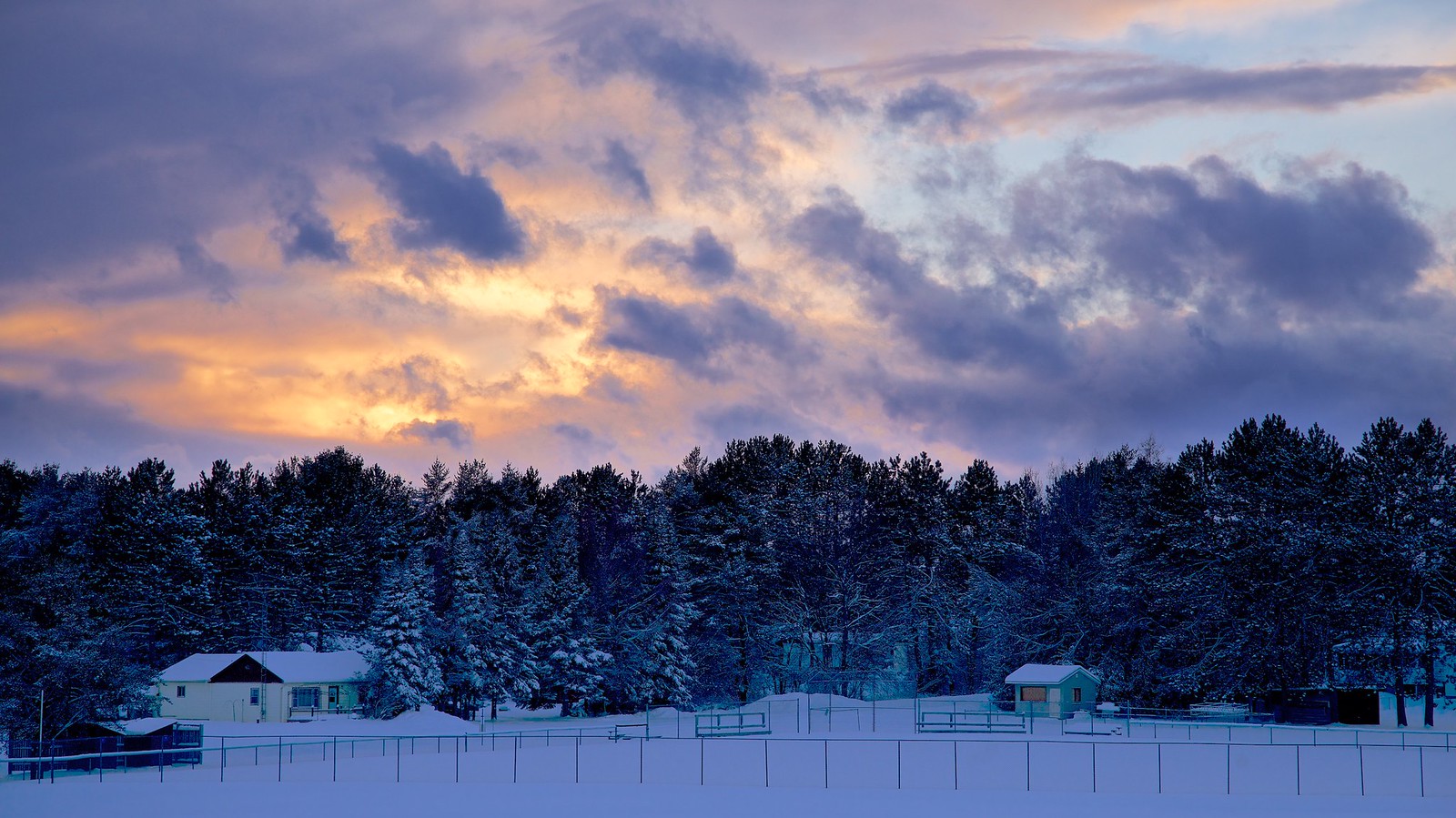In a discussion relating to the selection of a winning picture in a monthly contest, I said:
 Originally posted by dlh
Originally posted by dlh 
Most of that lot seem too "gimmicky" for me. Waay too saturated, too much postprocessing. Although one might use a photograph as a "canvas" for his artistic use of software, the result is artistic use of software, not photography. Lots of whizz-bang doesn't improve a photograph, because what one notices is the whizz-bang, not the subject. Ok, these mostly had lots of great whizz-bang, and I do appreciate that skill. But post-processing (and especially that which messes with hue, saturation etc.) should be thought of like a ladie's makeup, or like theatrical lighting for a play - if you notice it, it's too much; if it exemplifies the beauty of the subject, it's good. If you're watching a play and thinking about how good the lighting is, then you've missed the play.
To which BobL replied:
 Originally posted by BobL
Originally posted by BobL 
Sorry, but I have to disagree. If you shoot in Jpeg the camera is already doing the processing for you, the way that it thinks the image should look. Shooting in RAW you get a pure rendition of the basic photo which you can then interpret as per your vision. Do you really think that a painting is a true rendition of what was there, or an interpretation of how the artist saw it. Photographers are no less the artist, post processing is an integral part of photography, it's not cheating it's a matter of using the skills that have been learned to create the image of your vision. No disrespect intended, but an artist exercising their skills is in my experience more often criticised by those who don't have the skills or are too afraid to step out of their comfort zone to learn something new. As for watching a play & enjoying the lighting, it's mostly the lighting that creates the mood & reinforces the actors skills, without the dramatic or subtle lighting being applied half of the atmosphere would be lost.
I thought it best to move that stuff here - out of place (mea culpa) in the contest voting thread.
My comment wasn't about raw v. jpeg, it was about what I regard as too much CGI, which can be artistic as all get out, but the end product isn't a "photograph" in my opinion. Knowing how to compose the shot and how to work the camera to record the scene as the photographer sees it, that's photography. Postprocessing software is a good way to "recover" from mistakes, or to touch up the photo - after all, "burning and dodging" were invented by people who wanted to do postprocessing as they're printing an image on an enlarger. My comment was about doing so much adjustment to the parameters of the photograph (whether from raw or jpeg source data) that it ceases to be a faithful representation of the photographer's vision at shutter-time and becomes the software-artists creation based on something pre-existing. Sort of like a movie based on a book - it's not the book, it's not like the book, and doesn't say what the book said, even though some of the original source were retained, and the result has elements in common.
And, as to BobL's comment about the importance of lighting to the play, I'd say, no question about that. But the issue isn't whether or not to have stage lighting, it's about how much is enough. If the lighting is noticible, then you're not watching a play, you're admiring stage lighting. (I'd worked in that field, myself, for some years, before I went to college, got a degree in history, and spent twelve years as a software engineer before having become an attorney.) And my other analogy had to do with women's make-up: I get distracted watching TV news because the female news-faces look pre-embalmed - the fake eyelashes give them the appearance of someone who's having his eyeballs eaten by centipedes; I just want to know about the news, I don't want an evening with a TV tart.
I have also complained about too much "sharpening" people do in software. To me, excessive contrast and sharpening makes the same effect of shooting at very high ISO values with a slow shutter speed - it's just noise, to me. But I think I've figured out why that happens. I have red-green color blindness, but my wife has better than superb color-vision. But our "sensors" are very different. The photoreceptors for color ("cones") in the retina take up a lot of real estate, whereas the black/white receptors ("rods") are pretty tiny. So I'm packing in a whole lot more resolution than does my wife. I can see in what other people think is total cave darkness, while my wife can discriminate between hues that normal people can't tell the difference between. And, because she has more cones than most folks, it's like having a camera sensor that has a "pixel" that's about a hundred times the normal surface area every so many pixels. So to her, the world is like an impressionistic painting, she sees everything in blobs of color, while it's more like very high resolution gray-scale to me (an exaggeration, but you get the drift). So my theory is that the people who sharpen up their images making them excessively "crisp" and harsh by my lights must be people with unusually good color vision. They need artificial granularity to make up for the fact that they have low-resolution eyesight. And it hurts my eyes to look at those pictures because they have way more granularity than does a natural scene. My pictures must seem awfully washed-out and dull to such people, because we are all compensating for deficiencies in the way we see things.


 Similar Threads
Similar Threads 












 Post #2 by Dartmoor Dave
Post #2 by Dartmoor Dave








